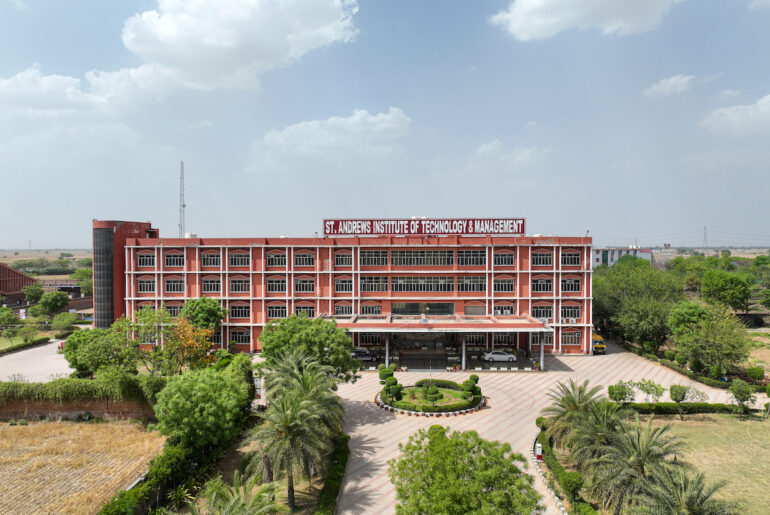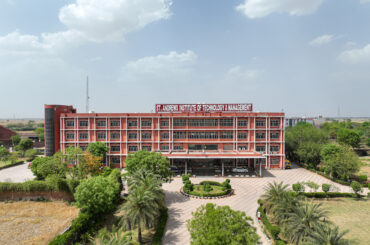PGDM vs MBA
PGDM vs MBA: Both PGDM (Post Graduate Diploma in Management) and MBA (Master of Business Administration) are popular options for those looking to boost their careers in management.
While they share similarities, there are also some key differences:
| Aspect | PGDM | MBA |
| Degree Type | Diploma | Degree |
| Offered by | Autonomous institutes or business schools | Universities |
| Curriculum | More flexible, often tailored to industry | Generally standardized |
| Affiliation | Not affiliated with universities | Affiliated with universities |
| Recognition | May vary depending on institute’s reputation | Strong brand recognition |
| Accreditation | Accreditation can vary between institutes | Accredited by recognized bodies |
| Focus | Often specialized or niche concentrations | Broader focus covering various aspects |
| Industry Ties | Industry connections may vary | Strong ties with industry partners |
| Flexibility | More flexibility in curriculum design | Less flexibility, standardized curriculum |
| Networking | Networking opportunities may vary | Strong networking opportunities |
PGDM vs MBA: Degree Type:
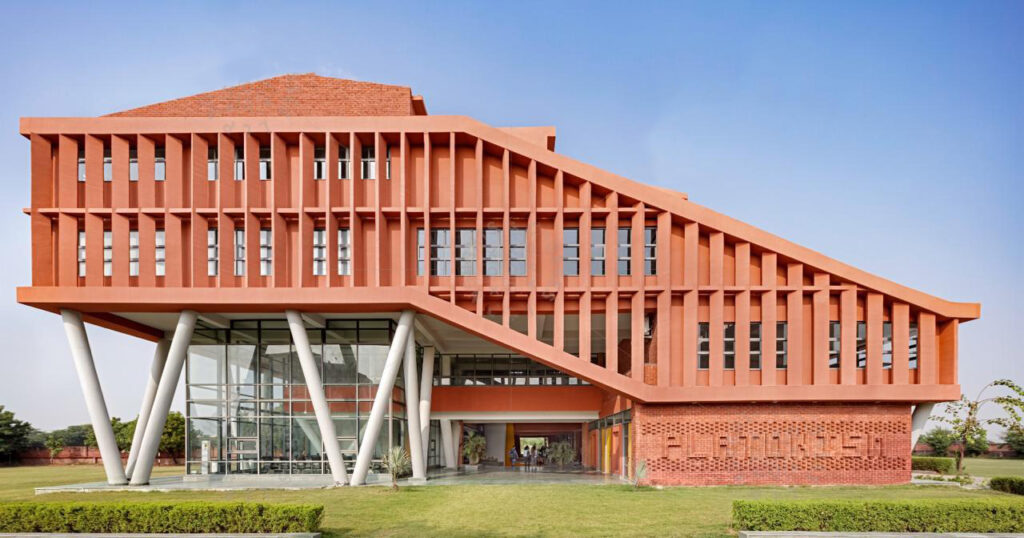
MBA: MBA programs are typically offered by universities and are recognized as a master’s degree.
PGDM: PGDM programs are offered by autonomous institutes or business schools and often awarded as a diploma rather than a degree.
Curriculum:
MBA: The curriculum for MBA programs tends to be more structured and standardized across universities, with less flexibility in course selection.
PGDM: PGDM programs often have more flexibility in designing their curriculum, allowing institutes to adapt more quickly to industry trends and requirements.
Affiliation:
MBA: MBA programs are affiliated with universities, which means they are subject to university regulations and oversight.
PGDM: PGDM programs are autonomous, which gives them more freedom in curriculum design and course content. However, they are not affiliated with universities.
Recognition and Accreditation:
MBA: Since MBA programs are offered by universities, they often have strong brand recognition and may be accredited by recognized accreditation bodies.
PGDM: PGDM programs may not have the same level of brand recognition as MBA programs, but many prestigious business schools offering PGDM programs are highly regarded in the industry. However, accreditation can vary between institutes.
Focus:
MBA: MBA programs may have a broader focus, covering various aspects of business administration, including finance, marketing, operations, and strategy.
PGDM: PGDM programs may offer more specialized or niche concentrations, allowing students to focus on specific areas of management or industries.
Industry Connections:
MBA: MBA programmes often have strong ties with industry partners, providing students with networking opportunities, internships, and access to job placements.
PGDM: Similarly, many PGDM programs also have industry connections, but the extent of these connections may vary depending on the institute.
Some of the most opted courses in India and St. Andrews college or different Engineering college or Management colleges are as follows:-
Curriculum for PGDM vs MBA
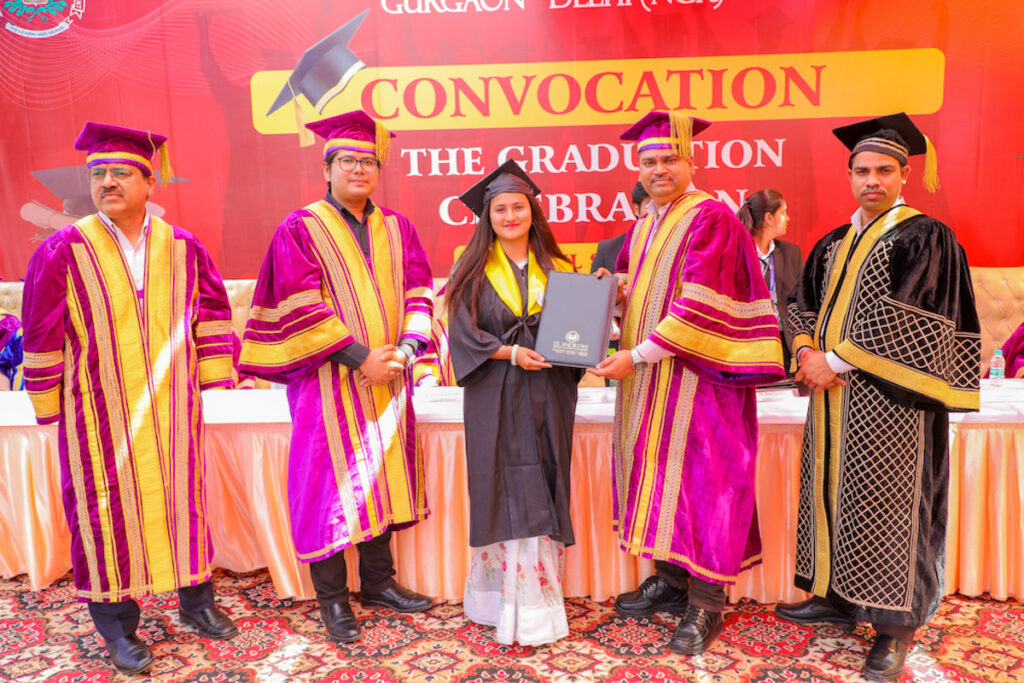
Post Graduate Diploma in Management (PGDM) and MBA (Master of Business Administration) are both postgraduate programs focused on management education, but they can have differences in their curriculum due to various factors such as accreditation, institution, and focus.
PGDM Curriculum:
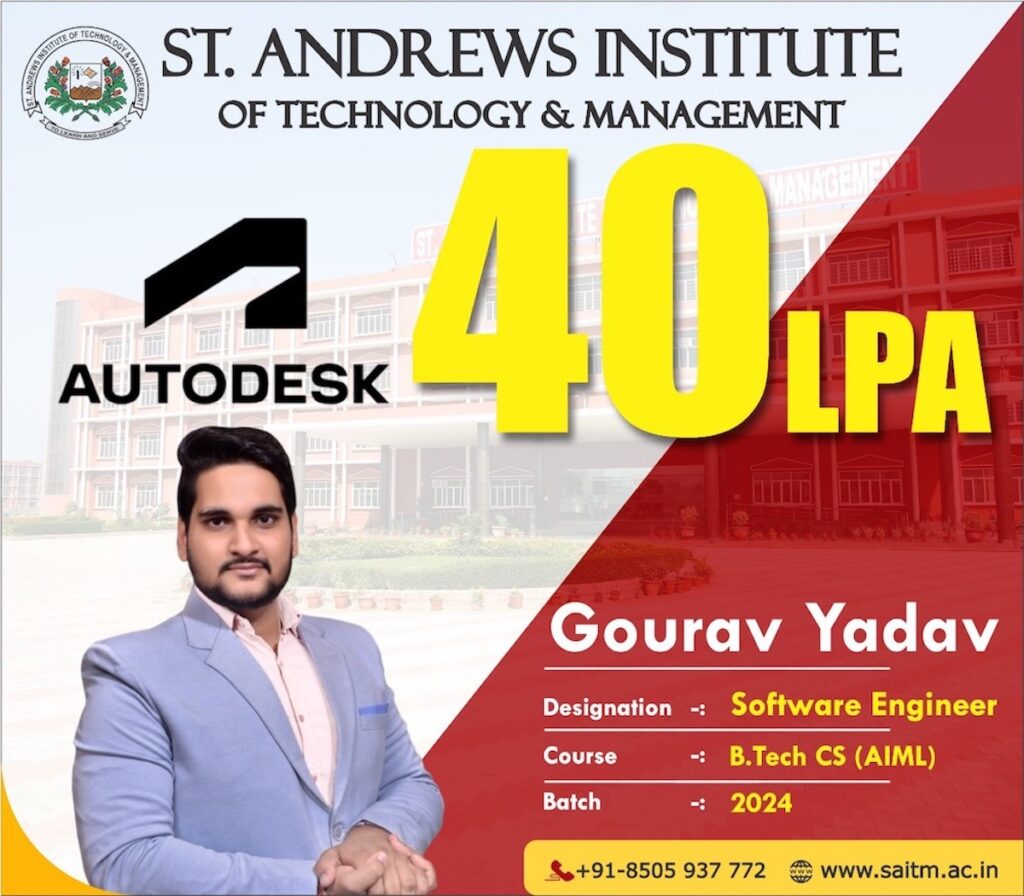
Flexibility
PGDM programs, offered by autonomous institutions or private colleges, often have more flexibility in designing their curriculum. They can quickly adapt to changes in industry trends and demands.
Practical Orientation
PGDM programs tend to have a more practical approach with a focus on industry exposure, internships, and real-world projects.
Specializations
Many PGDM programs offer a wide range of specializations, allowing students to tailor their education to specific areas of interest such as marketing, finance, human resources, or operations.
Electives
PGDM programs may have a broader array of elective courses, enabling students to customize their learning experience further.
Case Studies
Case studies are often a significant component of PGDM curriculum, providing students with insights into real-world business problems and solutions.
MBA Curriculum:
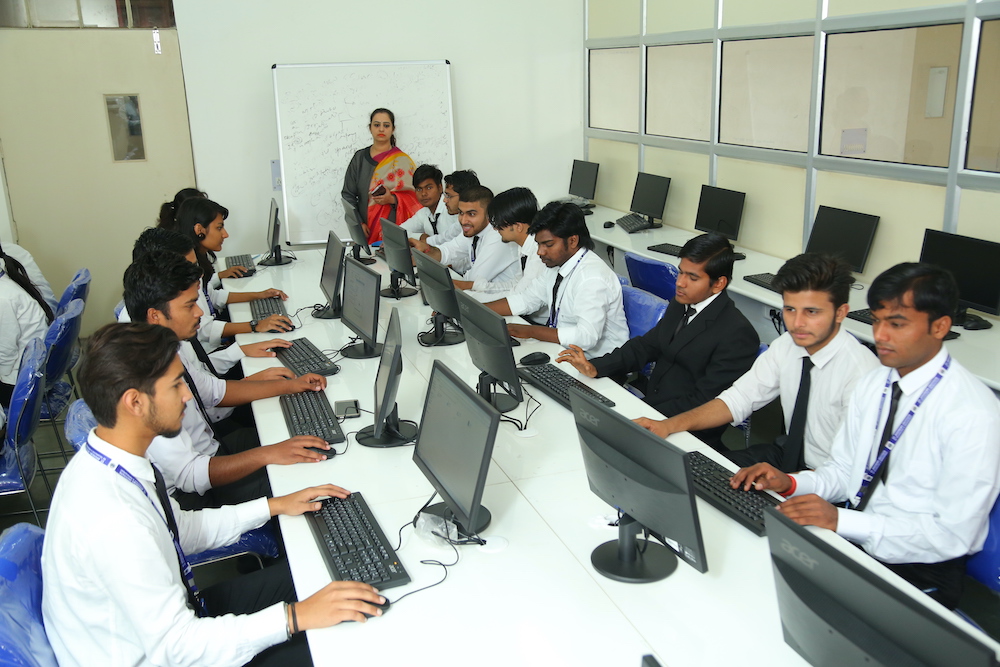
Academic Rigor
MBA programs, especially those offered by universities, may have a more structured and academically rigorous curriculum.
Accreditation
MBA programs are often accredited by recognized bodies, ensuring a certain standard of education. This accreditation may influence the curriculum to meet specific criteria.
Core Courses
MBA programs typically have a set of core courses covering fundamental areas of business such as accounting, finance, marketing, operations, and strategy.
Global Perspective
MBA programs may emphasize global business perspectives and include courses related to international business, cross-cultural management, and global strategy.
Networking Opportunities
MBA programs, especially those offered by renowned universities, may provide extensive networking opportunities through alumni networks and industry connections.
PGDM vs MBA: Affiliation and Accreditation
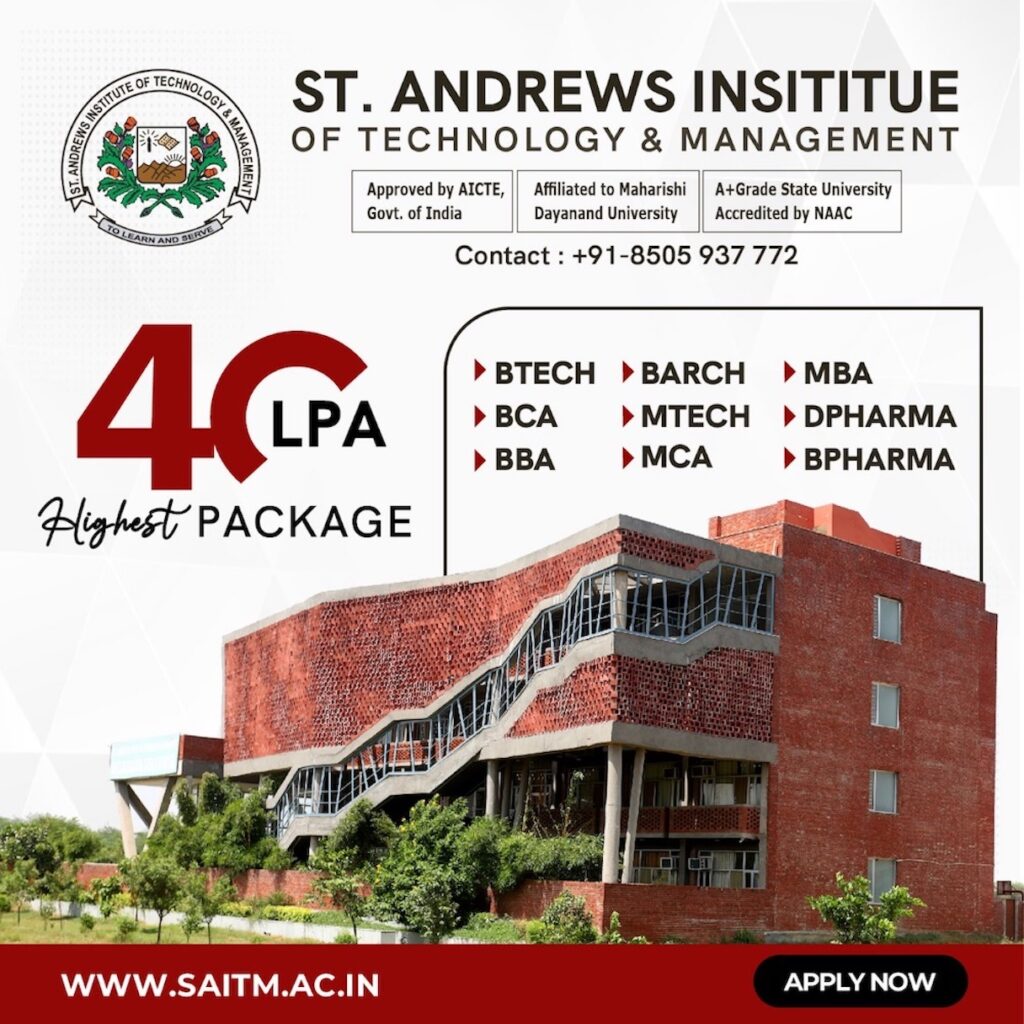
The main distinction between PGDM (Post Graduate Diploma in Management) and MBA (Master of Business Administration) is based on their affiliation and accreditation.
PGDM:
Affiliation: PGDM programs are offered by autonomous institutions or private colleges. These institutions have the autonomy to design their curriculum, set admission criteria, and award diplomas.
Accreditation: PGDM programs may or may not be accredited by regulatory bodies. However, many reputable PGDM institutions seek accreditation from organizations like the All India Council for Technical Education (AICTE) in India or international accreditation bodies like AACSB (Association to Advance Collegiate Schools of Business) or AMBA (Association of MBAs). Accreditation ensures that the program meets certain quality standards and enhances its credibility.
MBA Degree:

Affiliation: MBA programs are typically offered by universities or colleges affiliated with universities. These programs are often governed by university regulations and guidelines.
Accreditation: MBA programs offered by universities are usually accredited by recognized accrediting bodies. For example, in the United States, MBA programs may seek accreditation from bodies like AACSB, AMBA, or EQUIS (European Quality Improvement System). Accreditation ensures that the program meets rigorous academic standards and provides quality education.
PGDM vs MBA: Salary and Jobs in India

In India, graduates from both PGDM (Post Graduate Diploma in Management) and MBA (Master of Business Administration) programs can pursue lucrative careers.
However, several factors can influence salary and job prospects for MBA aspirants:
Institution Reputation
Graduates from top-tier institutions, whether offering PGDM or MBA, often command higher starting salaries and have access to better job opportunities. Institutions with strong industry connections and a track record of producing successful alumni can significantly impact salary and job prospects.
Specialization
Both PGDM and MBA programs offer various specializations such as finance, marketing, human resources, operations, and information technology. The demand for professionals in different specializations varies, affecting salary levels and job availability.
Industry Demand
Job opportunities and salary levels can vary depending on the demand for specific skills and expertise in different industries. For example, sectors like consulting, finance, technology, and e-commerce may offer higher salaries and more job openings compared to other industries.
Work Experience
Candidates with prior work experience, especially in relevant fields or through internships during their studies, often have an advantage in the job market. Work experience can influence salary negotiations and open doors to higher-level positions.
Location
Salary levels can differ based on the cost of living and economic conditions in different cities or regions. Metropolitan cities like Mumbai, Delhi, Bangalore, and Hyderabad may offer higher salaries compared to smaller cities and towns.
Networking and Soft Skills
Networking skills, communication abilities, leadership qualities, and emotional intelligence play crucial roles in career advancement and salary negotiations. Building a strong professional network and honing soft skills can enhance job prospects and salary potential.
Similarities between MBA and PGDM (Post Graduate Diploma in Management)
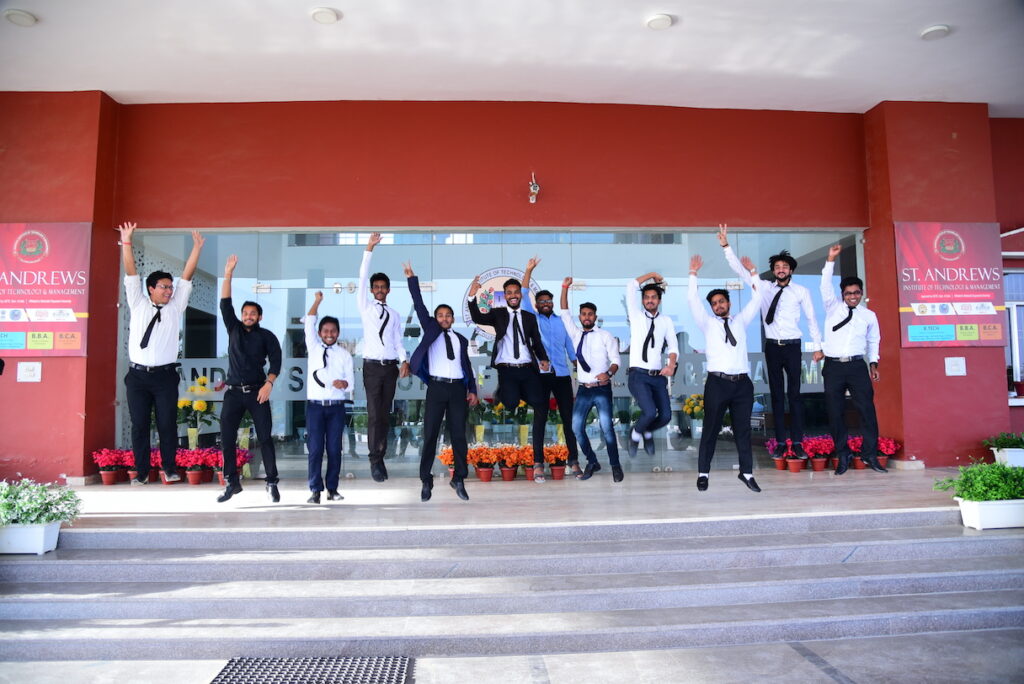
MBA (Master of Business Administration) and PGDM (Post Graduate Diploma in Management) share several similarities despite some differences in their structure and accreditation.
Here are some commonalities between the two:
Management Education
Both MBA and PGDM programs provide education and training in various aspects of management, including finance, marketing, human resources, operations, strategy, and leadership.
Postgraduate Level
Both MBA and PGDM are postgraduate programs, typically pursued after completing a bachelor’s degree. They are designed to enhance students’ knowledge and skills in business and management.
Career Advancement
Both programs are aimed at enhancing career prospects and preparing students for leadership roles in business organizations. They equip students with the necessary skills and knowledge to excel in the corporate world.
Core Curriculum
Both MBA and PGDM programs usually include a core curriculum covering fundamental areas of business, such as accounting, economics, finance, marketing, operations, and organizational behaviour.
Specializations
Both MBA and PGDM programs often offer opportunities for specialization in specific areas of interest, allowing students to tailor their education to match their career goals. Common specializations include finance, marketing, human resources, operations, entrepreneurship, and information technology.
Internships and Projects
Many MBA and PGDM programs incorporate internships, live projects, case studies, and experiential learning opportunities to provide practical exposure to real-world business challenges and solutions.
Networking Opportunities
Both MBA and PGDM programs offer networking opportunities with faculty, industry professionals, alumni, and peers. Networking is crucial for career development, job opportunities, and professional growth.
Global Perspective
Many MBA and PGDM programs emphasize global business perspectives, including international business, cross-cultural management, and global strategy, to prepare students for the challenges of a globalized business environment.
Admission Criteria for PGDM and MBA
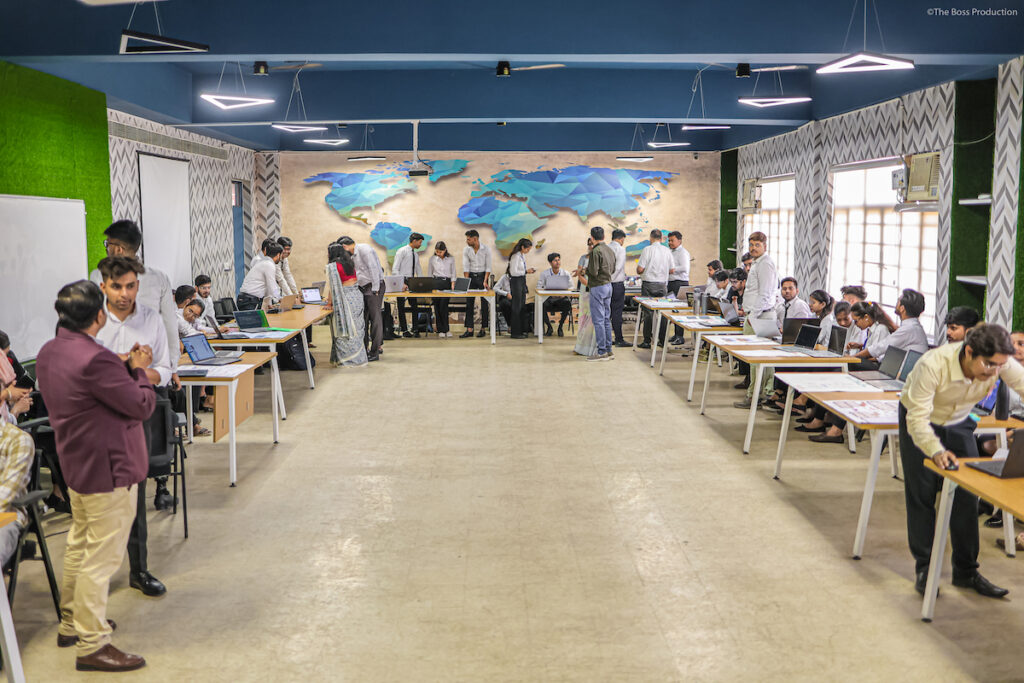
The admission criteria for PGDM (Post Graduate Diploma in Management) and MBA (Master of Business Administration) programs can vary depending on the institution offering the program.
However, there are some commonalities and differences in the admission criteria for these two types of management programs:
Academic Qualifications:
PGDM: Candidates typically need to have a bachelor’s degree in any discipline from a recognized university or institution. The minimum percentage or GPA required for admission may vary depending on the institution.
MBA: Similar to PGDM, candidates usually need a bachelor’s degree from a recognized university or institution. Some MBA courses may specify the minimum percentage or GPA required for admission.
Entrance Exams:
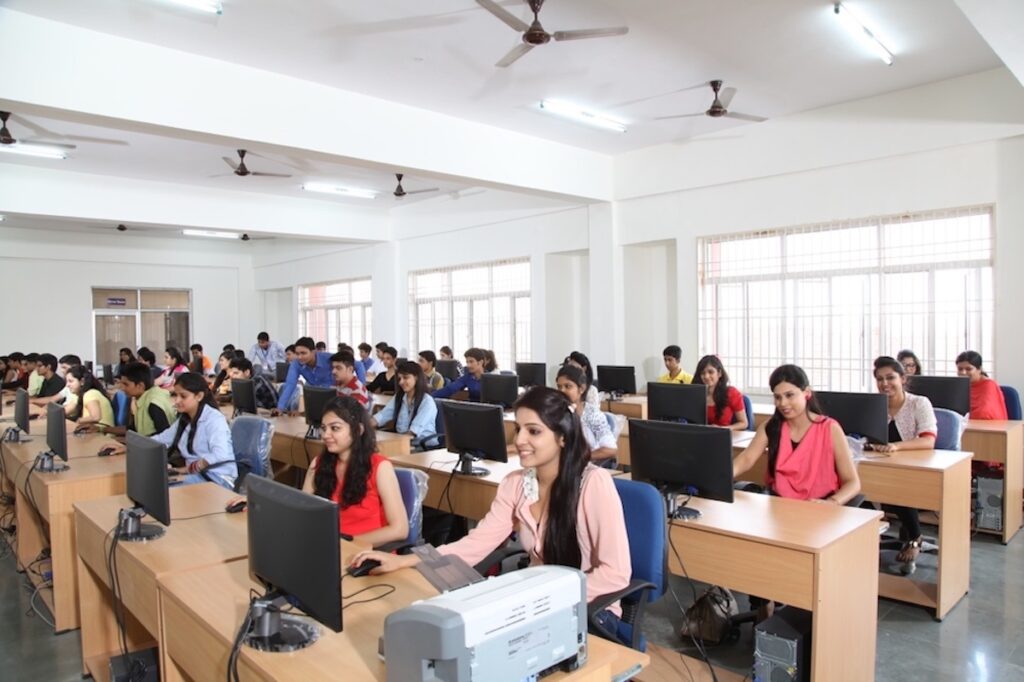
PGDM Entrance Exams: Many PGDM programs require candidates to take entrance exams such as CAT (Common Admission Test), XAT (Xavier Aptitude Test), MAT (Management Aptitude Test), CMAT (Common Management Admission Test), or institution-specific entrance exams. Performance in these exams is often a crucial factor in the admission process.
MBA Entrance Exams: MBA programs may also require candidates to take entrance exams like CAT, XAT, GMAT (Graduate Management Admission Test), or institution-specific exams. However, some MBA courses may accept other standardized test scores or may have their own admission tests.
Work Experience:
PGDM: While work experience is not always mandatory for PGDM admission, some institutions may prefer candidates with prior work experience, especially for executive PGDM programs or specialized PGDM courses.
MBA: Similarly, work experience may or may not be a requirement for MBA admission, depending on the program. Some MBA courses, particularly executive MBA courses, target candidates with significant work experience.
Personal Statement or Statement of Purpose (SOP):
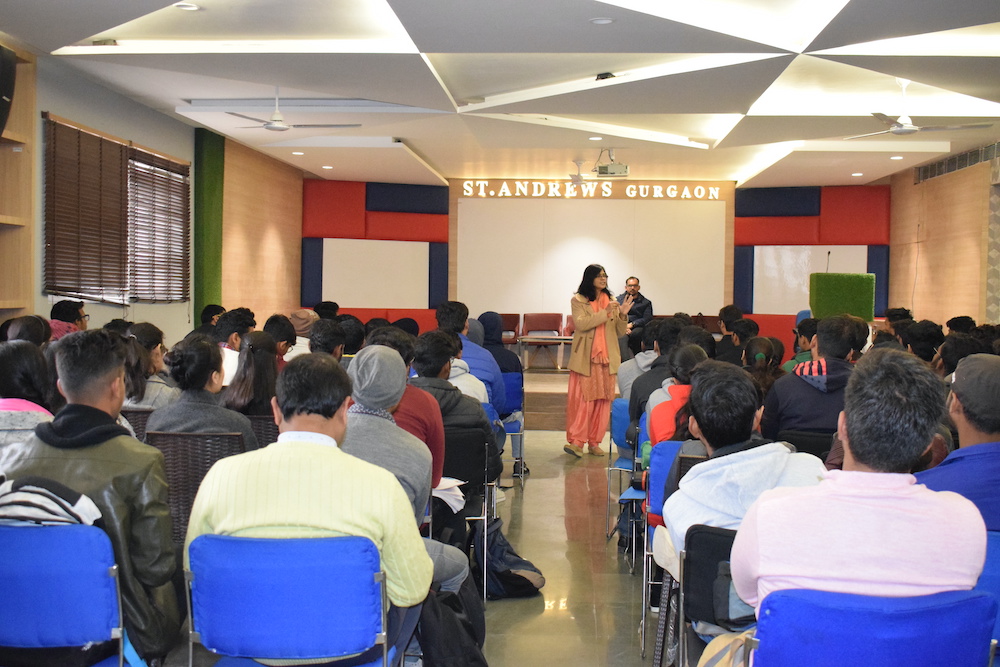
PGDM and MBA: Many institutions require candidates to submit a personal statement or statement of purpose (SOP) as part of the application process. The SOP typically outlines the candidate’s academic background, career goals, reasons for pursuing the program, and how the program aligns with their aspirations.
Letters of Recommendation:
PGDM and MBA: Some institutions may require candidates to submit letters of recommendation from professors, employers, or other professionals who can attest to their academic abilities, work ethic, and potential for success in the program.
Interview:
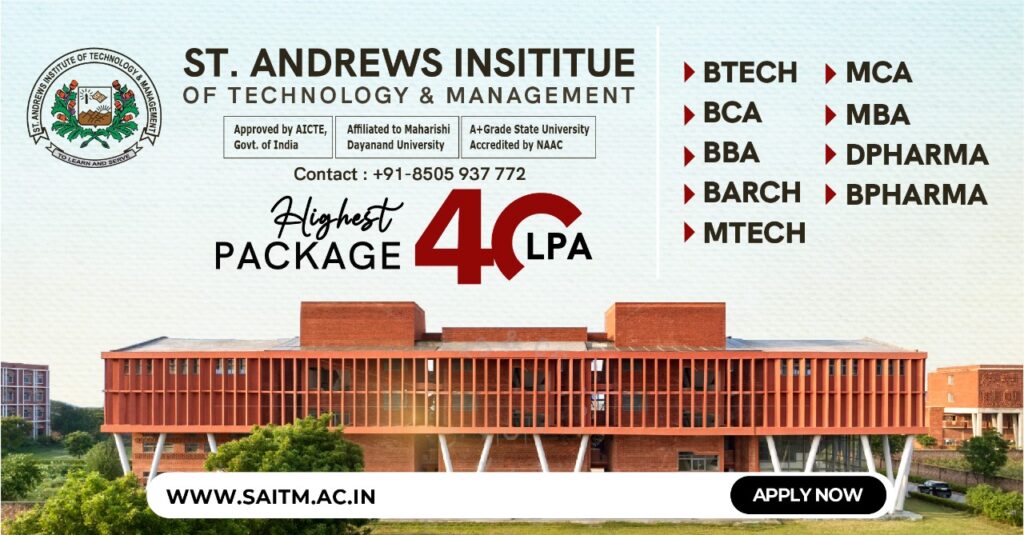
PGDM and MBA: In the PGDM vs MBA admission process, personal interviews are often conducted to evaluate candidates’ communication skills, motivation, and program suitability.
Top Government MBA Colleges in India: Admission Process and Fees
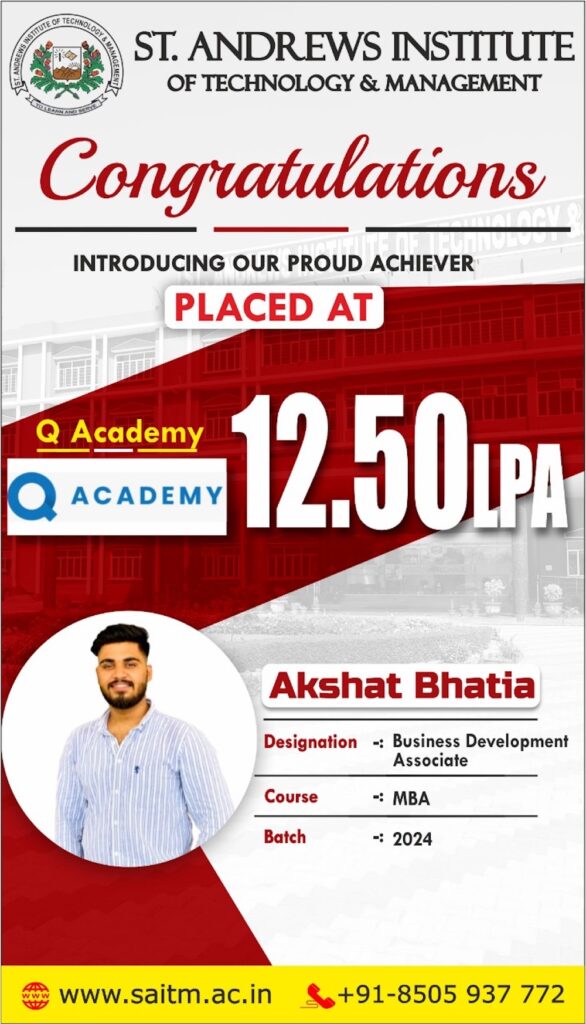
Some of the top government MBA colleges in India include:
Indian Institutes of Management (IIMs):
Admission Process: IIMs conduct the Common Admission Test (CAT), followed by Written Ability Test (WAT), Group Discussion (GD), and Personal Interview (PI) rounds. The final selection is based on the candidate’s CAT score, academic record, work experience, and performance in the WAT, GD, and PI.
Fees: The fees for the MBA programme at IIMs vary from institute to institute and are subject to change. However, it is generally in the range of INR 10-25 lakhs for the entire course.
St. Andrews Institute of Technology and Management, Gurgaon
Admission Process: The MBA admission process at St. Andrews Institute of Technology and Management (SAITM), Gurgaon, is: Ensure you have a bachelor’s degree with the required percentage. Submit an application online or at the campus. Attend a personal interview if shortlisted. Receive an offer letter if selected. Pay the initial fees to secure admission.
Admission Process: The MBA course fees at St. Andrews Institute of Technology and Management (SAITM), Gurgaon, are INR 1,30,000 per year. The MBA programs specialize in areas like Finance, Marketing, HR, IT, and International Business.
Faculty of Management Studies (FMS), Delhi University:
Admission Process: FMS conducts its entrance exam, followed by Group Discussion and Personal Interview rounds. The final selection is based on the candidate’s performance in all these stages.
Fees: The fees for the MBA course at FMS Delhi are comparatively lower than many other top B-schools in India, usually around INR 25,000-50,000 per annum for Indian nationals.
XLRI – Xavier School of Management, Jamshedpur:
Admission Process: XLRI conducts the Xavier Aptitude Test (XAT), followed by Group Discussion and Personal Interview rounds.
Fees: The fees for the MBA course at XLRI are around INR 20-25 lakhs for the entire course.
Indian Institute of Foreign Trade (IIFT):
Admission Process: IIFT conducts its entrance exam, followed by Group Discussion, Essay Writing, and Personal Interview rounds. The final selection is based on the candidate’s performance in all these stages.
Fees: The fees for the MBA (International Business) program at IIFT are around INR 17-20 lakhs for the entire course.
Jamnalal Bajaj Institute of Management Studies (JBIMS), Mumbai:-
Admission Process: JBIMS accepts scores of exams like CAT, CMAT, and MAH-CET. Shortlisted candidates are called for Group Discussion and Personal Interview rounds.
Fees: The fees for the MBA course at JBIMS are comparatively lower, usually around INR 6-8 lakhs for the entire course.
Eligibility Criteria for Admission to Top Government MBA Colleges
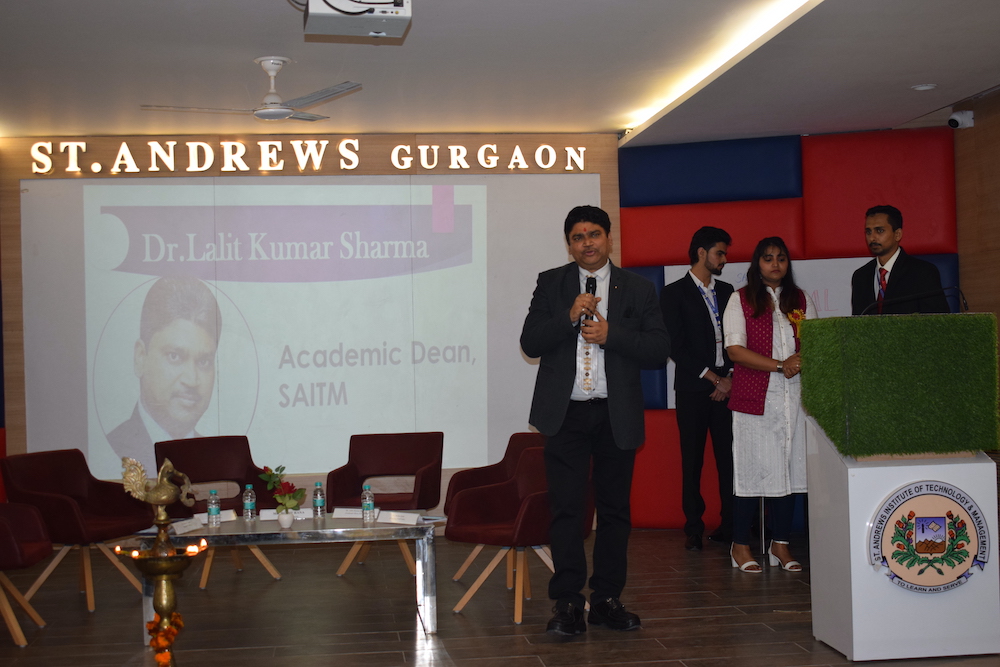
The eligibility criteria for admission to top government MBA colleges in India generally include the following:
Educational Qualifications:
Candidates must have a bachelor’s degree in any discipline from a recognized university or institute.
Some colleges may specify a minimum percentage or CGPA requirement in the bachelor’s degree, typically ranging from 50% to 60%.
Entrance Exams:-
Candidates must take the MBA exams designated by their chosen colleges. Common entrance exams for MBA admissions in India include the CAT (Common Admission Test), XAT (Xavier Aptitude Test), CMAT (Common Management Admission Test), and MAT (Management Aptitude Test).
Each college may have its own designated entrance exam or may accept scores from multiple exams.
Work Experience (optional):
While not mandatory for admission, some colleges may prefer candidates with relevant work experience. Work experience requirements vary from college to college, ranging from none to a few years of work experience.
Reservation Criteria:
Government MBA colleges in India follow the reservation policy mandated by the government. Reservation categories typically include Scheduled Castes (SC), Scheduled Tribes (ST), Other Backward Classes (OBC), Economically Weaker Sections (EWS), and Persons with Disabilities (PWD).
Other Requirements:
Some colleges may have additional requirements such as writing ability tests, group discussions, and personal interviews as part of the selection process.
Proficiency in the English language may be necessary for admission, especially for colleges that conduct their entrance exams and interviews in English.
Top Government MBA Colleges Entrance Exams
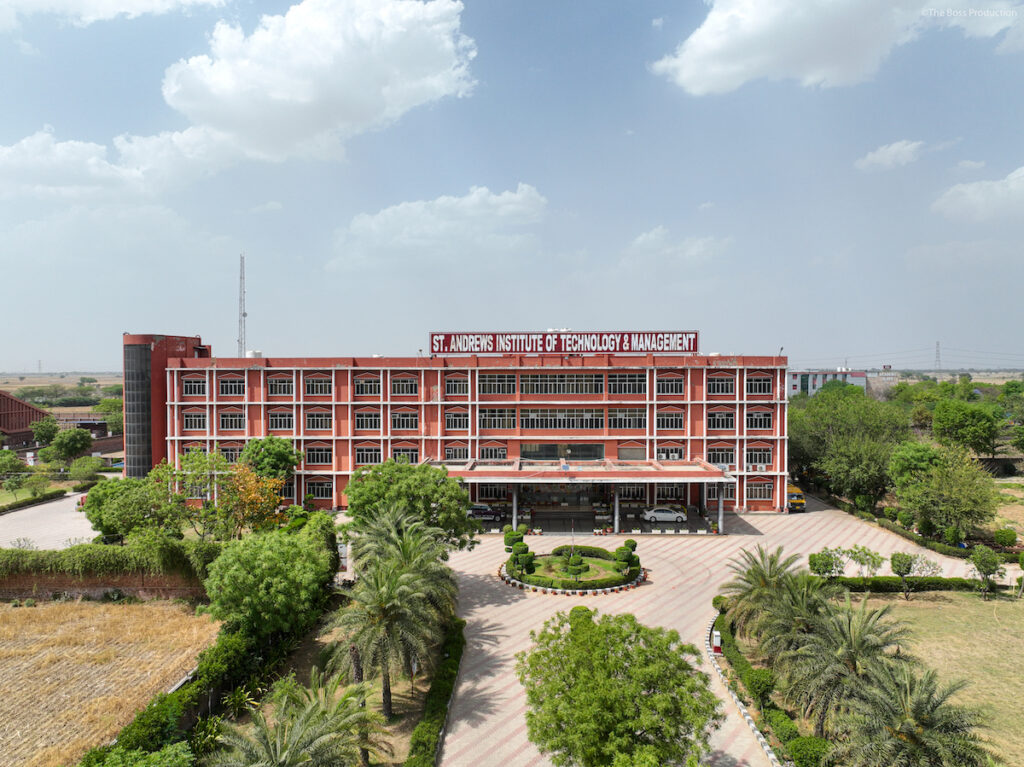
The MBA entrance exams required for admission to top government MBA colleges in India differ based on the specific college.
Here are some of the commonly accepted entrance exams by these institutions:
CAT (Common Admission Test):
- Conducted by the Indian Institutes of Management (IIMs) on a rotational basis.
- CAT scores are accepted by all IIMs and many other top MBA colleges across India.
XAT (Xavier Aptitude Test):
- Conducted by XLRI Jamshedpur on behalf of Xavier Association of Management Institutes (XAMI).
- Accepted by XLRI and other top MBA colleges like XIMB, SPJIMR, IMT, and TAPMI.
MAT (Management Aptitude Test):
- Conducted by the All India Management Association (AIMA).
- Accepted by numerous MBA colleges across India, including some government and private institutions.
CMAT (Common Management Admission Test):
- Conducted by the National Testing Agency (NTA).
- Accepted by various AICTE-approved MBA colleges in India, including some government institutions.
IIFT (Indian Institute of Foreign Trade) Entrance Exam:
- Conducted by IIFT for admission to its MBA (International Business) program.
- The exam is specifically for admission to IIFT Delhi, Kolkata, and Kakinada campuses.
Top MBA Government Colleges ROI

Evaluating the return on investment (ROI) in the PGDM vs MBA comparison requires analyzing tuition costs, living expenses, potential salary gains post-program, and career advancement opportunities.
Here are some of the top government MBA colleges in India known for their excellent ROI:
Indian Institutes of Management (IIMs):-
- While the fees for IIMs are relatively high compared to other government MBA colleges, the ROI is generally excellent due to the high average salary packages offered to graduates.
- IIM graduates often secure lucrative job offers from top companies, both in India and abroad, which significantly enhances the ROI.
Faculty of Management Studies (FMS), Delhi University:-
- FMS Delhi is renowned for its low tuition fees compared to other top B-schools in India.
- Despite the lower fees, FMS graduates command competitive salary packages, resulting in a high ROI.
Jamnalal Bajaj Institute of Management Studies (JBIMS), Mumbai:
- JBIMS is known for its affordable fees compared to private MBA colleges in Mumbai.
- Graduates from JBIMS often secure high-paying jobs in various sectors, contributing to a favorable ROI.
XLRI – Xavier School of Management, Jamshedpur:-
- While XLRI is a private institution, it is known for its excellent ROI due to the high-quality education and placement opportunities it offers.
- XLRI graduates typically receive attractive salary packages, which justify the investment in their education.
Indian Institute of Foreign Trade (IIFT):-
- IIFT offers an MBA in International Business, which equips graduates with specialized skills highly valued in the global marketplace.
- Graduates from IIFT often secure positions in international companies with competitive salary packages, enhancing the ROI of their education.
SPJIMR (S.P. Jain Institute of Management and Research), Mumbai:
- SPJIMR is known for its innovative pedagogy and strong industry connections, leading to excellent placement opportunities for its graduates.
- The relatively moderate fees coupled with high placement packages contribute to a favorable ROI for SPJIMR alumni.
Comparing Job Roles, Salaries, and Industry recognition between MBA and PGDM graduates
| Aspect | MBA Graduates | PGDM Graduates |
| Job Roles | Business Development Manager | Product Manager |
| Project Manager | Digital Marketing Manager | |
| Financial Analyst | Supply Chain Manager | |
| Marketing Manager | Brand Manager | |
| Operations Manager | Investment Banking Analyst | |
| HR Manager | Market Research Analyst | |
| IT Consultant | Financial Consultant | |
| Salaries | Entry-level salaries: INR 8-15 lakh per annum (LPA) | Entry-level salaries: INR 6-12 lakh per annum (LPA) |
| Mid-level salaries: INR 20-30 LPA | Specialized fields often offer lucrative packages | |
| Highest-paying sectors: consulting, finance, IT | High-paying sectors: data analytics, fintech, e-commerce | |
| Industry Recognition | Recognized for broad management expertise | Known for specialized knowledge and adaptability |
| Degrees from top universities hold significant prestige | Industry-aligned curriculum valued by employers | |
| Strong brand value in many business sectors | Close ties to industry enhance employability |
MBA Programs Offered at Top Government MBA Colleges

Top government MBA colleges in India offer a variety of MBA courses to cater to different interests and career goals.
Here are some of the common MBA degrees offered at these institutions:
General MBA:
Most government MBA colleges offer a two-year full-time MBA programme with a focus on providing a broad understanding of various management concepts and functions.
MBA in Finance:
Specialization in finance is commonly offered by government MBA colleges, focusing on topics such as corporate finance, investment management, financial risk management, and financial markets.
MBA in Marketing:
Specialization in marketing equips students with skills in market research, branding, advertising, sales management, and digital marketing strategies.
MBA in Human Resource Management (HRM):
HRM programs focus on topics such as talent acquisition, performance management, organizational behaviour, employee relations, and strategic HRM.
MBA in Operations Management:
Operations management programs focus on supply chain management, logistics, process optimization, quality management, and project management.
MBA in Information Technology (IT) Management:
These programs combine management principles with IT concepts and cover topics such as IT strategy, digital transformation, IT project management, and cybersecurity.
MBA in International Business (IB):
IB programs focus on global business strategies, cross-cultural management, international trade, foreign exchange management, and global supply chain operations.
MBA in Rural Management:
Some government MBA colleges offer specialized programs in rural management focusing on sustainable development, rural marketing, agribusiness management, and rural entrepreneurship.
Executive MBA (EMBA):
Executive MBA degrees are designed for working professionals with significant managerial experience. These programs often offer flexible schedules and focus on advanced management topics.
Dual Specialization MBA:
Many MBA colleges allow students to pursue dual specializations by combining two areas of study such as finance and marketing, HRM and operations, or IT management and international business.
FAQs
Is PGDM or MBA better?
Both PGDM and MBA are valuable management qualifications. PGDM programs, often offered by autonomous institutions, emphasize industry relevance and innovative curriculum. They foster strong industry connections and offer flexibility.
In the PGDM vs MBA decision, MBA courses offered by universities deliver a broader academic perspective and access to extensive resources. Choosing between them depends on personal preferences, career goals, and considerations like program accreditation, curriculum, faculty expertise, and industry connections.
Ultimately, both paths can lead to successful careers in management, and the decision should align with personal aspirations and the desired learning environment.
Is PGDM equivalent to MBA degree?
Yes, PGDM (Post Graduate Diploma in Management) is considered equivalent to an MBA (Master of Business Administration) degree in India. Both qualifications are widely recognized and accepted by employers, and graduates from both programs are eligible for similar job opportunities.
In the PGDM vs MBA debate, PGDM programs are typically offered by autonomous institutions, while universities generally provide MBA programs. Despite these differences, both are equivalent in academic rigor and industry recognition, making PGDM a solid alternative to an MBA.
Which is costly PGDM or MBA?
In the PGDM vs MBA comparison, the cost of these programs varies based on the institution, location, reputation, and course duration. Generally, PGDM programs provided by autonomous institutions may come with higher tuition fees than MBA programs offered by universities.
However, this is not always the case, as MBA programs from prestigious universities or those with extensive resources and facilities may also have high tuition fees. Ultimately, the comparison of the MBA course fee with PGDM programs depends on the specific institutions and their respective fee structures.
Can I do PGDM after MBA?
Yes, it’s possible to pursue a PGDM (Post Graduate Diploma in Management) after obtaining an MBA (Master of Business Administration) degree.
When comparing PGDM vs MBA, PGDM programs frequently provide specialized or advanced coursework in specific management areas, enabling individuals to enhance their expertise in a chosen field.
However, it’s essential to carefully consider your career goals and the value-addition of pursuing another management qualification before enrolling in a PGDM program after completing an MBA. Additionally, admission requirements and eligibility criteria may vary depending on the institution offering the PGDM program.
Can we do MBA in government?
Yes, you can pursue an MBA (Master of Business Administration) from government institutions such as Indian Institutes of Management (IIMs), Faculty of Management Studies (FMS), and others. These government MBA colleges offer prestigious programs with high-quality education and often have lower tuition fees compared to private institutions.
How can I get admission in government MBA colleges in India?
To get admission to government MBA colleges in India, follow these steps:
Appear for Entrance Exams: Take relevant entrance exams such as CAT, XAT, CMAT, or MAT, as required by the colleges you’re interested in.
Score Well: Strive for a high score in the entrance exam. Each MBA college has its own cutoff score, so aim to meet or exceed it.
Research Colleges: Shortlist government MBA colleges based on your preferences, location, fees, and specialization offered.
Check Eligibility: Ensure you meet the eligibility criteria set by each college, including academic qualifications and work experience.
Apply Online: Complete the application process for the colleges you’re interested in. Pay attention to deadlines and submission requirements.
Prepare for GD/PI: If shortlisted, prepare for Group Discussions (GD) and Personal Interviews (PI), as they are a crucial part of the selection process for many colleges.
Submit Documents: Submit all required documents, including academic transcripts, entrance exam scores, and identity proofs, as per the college’s instructions.
Wait for Results: Wait for the results of the selection process. If selected, follow the admission procedure as guided by the college.
Pay Fees: Upon confirmation of admission, pay the required fees within the stipulated time to secure your seat.
Attend Orientation: Attend orientation sessions and start your MBA journey at the government college of your choice.
Are there any government MBA colleges in Hyderabad?
Yes, there are government MBA colleges in Hyderabad. One prominent example is the Department of Business Management, Osmania University, which offers an MBA program.
Additionally, there are other government-affiliated institutions and universities in Hyderabad that offer MBA programs, although they may not be exclusively focused on management education.
It’s advisable to check with the respective institutions for detailed information on MBA programs, admission procedures, and eligibility criteria.
How do you choose a management specialization?
Choosing a management specialization involves considering your interests, career goals, and market trends.
Here’s a step-by-step guide:
Self-Assessment
Identify your strengths, interests, and career aspirations. Reflect on what aspects of business management excite you the most.
Research
In the PGDM vs MBA comparison, explore the diverse specializations available in management, including Finance, Marketing, Human Resources, Operations, IT, International Business, and Entrepreneurship.
Evaluate Career Paths
Research career opportunities, job roles, and growth prospects associated with each specialization. Consider which field aligns with your long-term career goals.
Assess Industry Demand
Look into industry trends and demand for different specializations. Choose a field that is in demand and offers promising career prospects.
Consider Skills and Aptitude
Assess your skills, aptitude, and personality traits. Choose a specialization that complements your strengths and interests.
Talk to Professionals
Seek advice from professionals working in your areas of interest. Gain insights into the day-to-day responsibilities, challenges, and rewards associated with different specializations.
Explore Course Curriculum
Review the course curriculum of MBA programs offering various specializations. Evaluate the subjects, electives, and practical experiences offered in each specialization.
Networking
Engage with alumni, faculty members, and industry professionals associated with MBA programs. Attend networking events, seminars, and workshops to gain insights into different specializations.
Consider Market Trends
Analyze current market trends, technological advancements, and global developments impacting different industries. Choose a specialization that is relevant and future-proof.
Flexibility
When deciding between PGDM vs MBA, remember that your specialization isn’t fixed. Many MBA programs provide opportunities to explore various specializations or tailor your curriculum to align with your changing interests and career goals.
What are the reasons for pursuing a PGDM program?
There are many reasons to consider pursuing a PGDM (Post Graduate Diploma in Management) program when weighing PGDM vs MBA options.
Industry Relevance: PGDM programs often have a curriculum tailored to industry needs, providing practical skills and knowledge.
Specializations: PGDM offers a wide range of specializations allowing students to focus on specific areas of interest.
Flexibility: PGDM programs often offer flexible schedules, allowing working professionals to pursue higher education while continuing their careers.
Dynamic Learning Environment: PGDM programs are often offered by autonomous institutions, providing a dynamic and innovative learning environment.
Strong Industry Connections: PGDM institutions frequently maintain strong industry connections, resulting in improved placement opportunities and greater industry exposure.
Holistic Development: PGDM programs focus on holistic development, including soft skills, leadership, and entrepreneurship, preparing students for real-world challenges.

